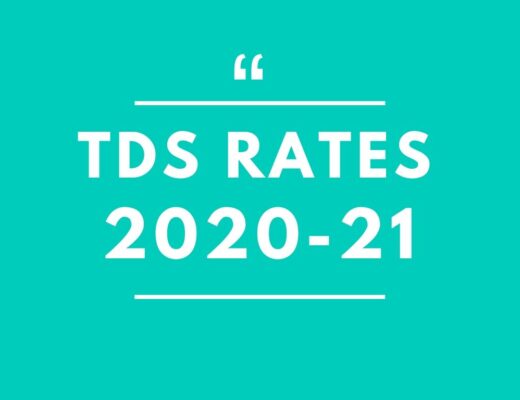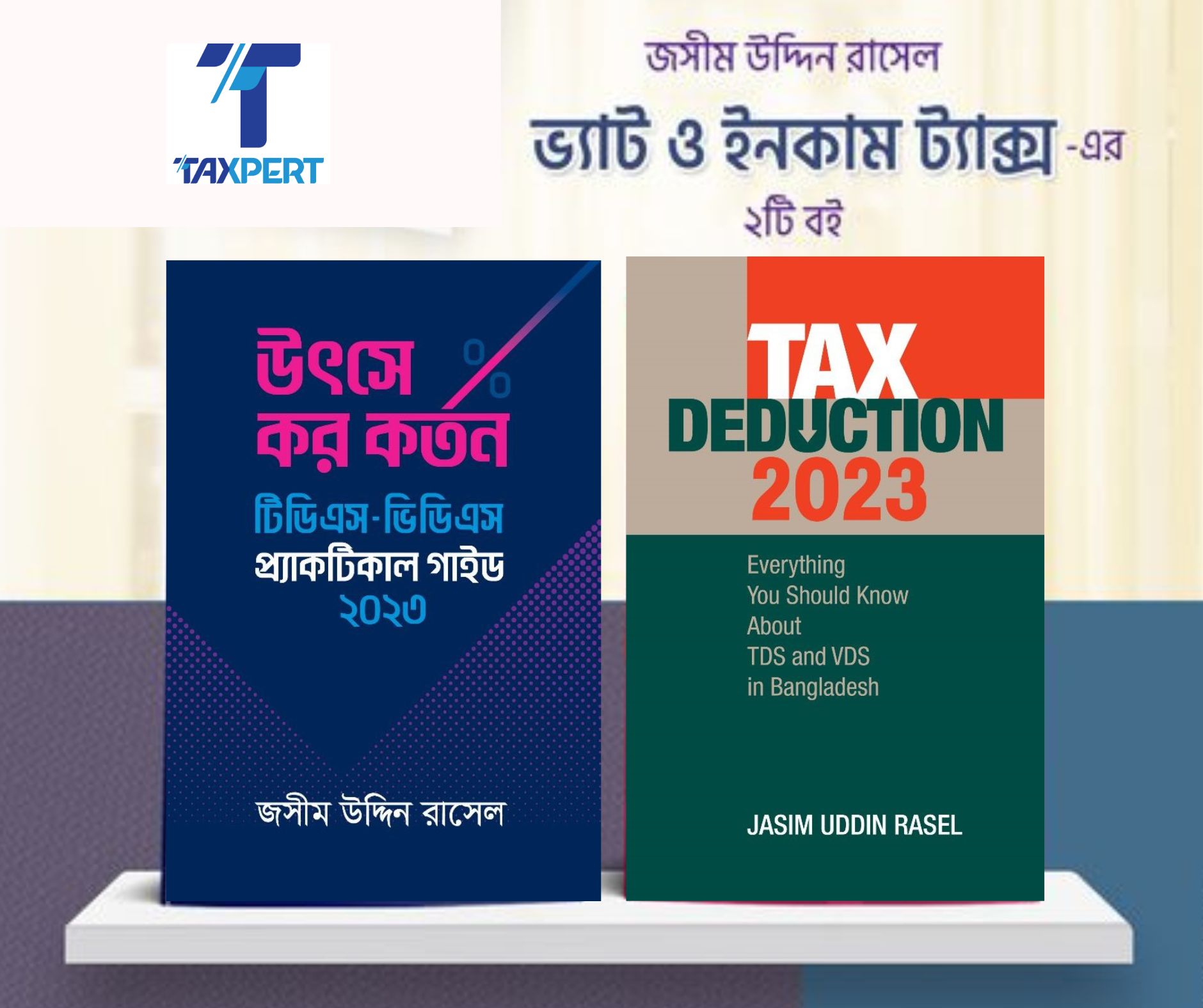What is normally considered by the investors before taking decision to invest in a project?
Risk and return.
If sever risk lies then usually we expect high return, like capital market is always risky comparing to investment in FDR with private bank or buying savings instrument. So, the return from the shares investments will have to be high. But it is negative here.
Recently news published that savings instrument selling record is very poor and the main reason behind it is tax rate increasing from 5 per cent to 10 per cent. So, tax rate has the impact and considering it, each year in budget tax benefits are giving to the investors of capital market.
Finance Act 2019 encouraged to distribute cash dividend instead of stock dividend to shareholders. As per exiting tax law, stock dividend shall be at least equal to cash dividend. If stock dividend exceeds cash dividend then tax shall be payable at the rate of 10 per cent on the whole amount of stock dividend declared or distributed in that income year.
Suppose, an Example Limited distributed stock dividend BDT 600,000 and cash dividend BDT 400,000 to shareholders in 2019-20 or distributed BDT 600,000 as stock dividend without any cash dividend. Then the company have to pay tax at the rate of 10 per cent on BDT 600,000.
To ensure the distribution of dividend to the shareholders by the listed companies, a new section inserted to the Income Tax Ordinance 1984 through the Finance Act 2019.
As per new section, if net profit after tax transferred to retained earnings or any fund, reserve or surplus exceeds 70 per cent then tax shall be payable at the rate of 10 per cent on the total amount so transferred in that income year. And this tax amount shall pay before filing return and such tax shall not be eligible to adjust with any other tax liability.
That means a listed companies shall distribute or declared minimum 30 per cent of net profit after tax as stock dividend and cash dividend by complying as discussed above. And the distribution to the shareholders shall be completed before filing return to the tax authority. The company shall also show the figure in balance sheet as “amount to be distributed as dividend”.
The tax law forced the listed companies to distribute dividend from profit so that the small investors could expect that at the year-end they will get return from their investment. And it will help to bring them to the capital market.
Besides, the individual taxpayer will enjoy two way benefits by investing in the secondary market. The invested amount will be treated as investment allowance to get tax rebate which reduce the tax liability. And dividend income is tax free up to BDT 50,000. If you make a capital gain by selling shares then full gain is tax free.
There was much talk about dividend received by the company that in each stage a company shall pay tax and now this is also deleted from tax law.
These all benefits are given in the tax law to encourage the local investors to bring them in the capital market. But we all are observing how much interest is shown by them. We may say that it is not working effectively.
The experts in this sector emphasises to bring the foreign investors to our capital market. They argued that it will robust our market. In last two years, benefits also provided to encourage the foreign investors to invest in our capital market.
Though the local investors enjoy tax free facilities on capital gain but non-resident investors have to pay tax at the rate of 15 per cent. Without paying the tax at source, the responsible person or authority shall not give any effect in respect of share transfer.
Finance Act 2018 gave the benefit to the non-resident with whom Bangladesh has double taxation treaty. Under this benefit, if there is a tax treaty or any other reason, the non-resident is not liable to pay any tax in Bangladesh or is liable to pay tax at reduced rate in Bangladesh then the payment shall be made without any deduction or deduct at reduced rate. But to avail this facility, the non-resident has to file an application to the Board for tax exemption certificate.
Again Finance Act 2019 extended the benefit for the non-resident. It specified the certificate processing time within 30 days from the date of receipt of such application accompanied by all the documents as required by the Board.
Though law exists but the benefit could not enjoy by the non-resident due to some limitations.
Non-resident investors are applying for tax exemption certificates but somehow they are not getting it from NBR.
The loss or gain on transfer of shares is recognised on each transaction basis. If he makes profit in one transaction then he requires to pay tax at the rate of 15 per cent but if he falls in loss then he could not adjust with his previous gain.
Another tax certificate is required from CA firm at the time of remitting fund from Bangladesh. And this certificate is required per sale transaction. Suppose, if any investor sale shares making 03 transactions then he will require 03 certificates from CA firm. This is also increasing the cost of transactions.
The only benefit is, they do not require to file tax return if he has no other income in Bangladesh except capital gain from share transfer. And do not require to maintain any further compliance.
Why the tax benefit could not raise investors hope?
There are lots of reasons talking in the media by the capital market analyst. It is for lack of investors confidence or weak monitoring by the regulators etc. We have unpleasant experience in 1996 and 2010. And that’s why small investors are not getting hope.






